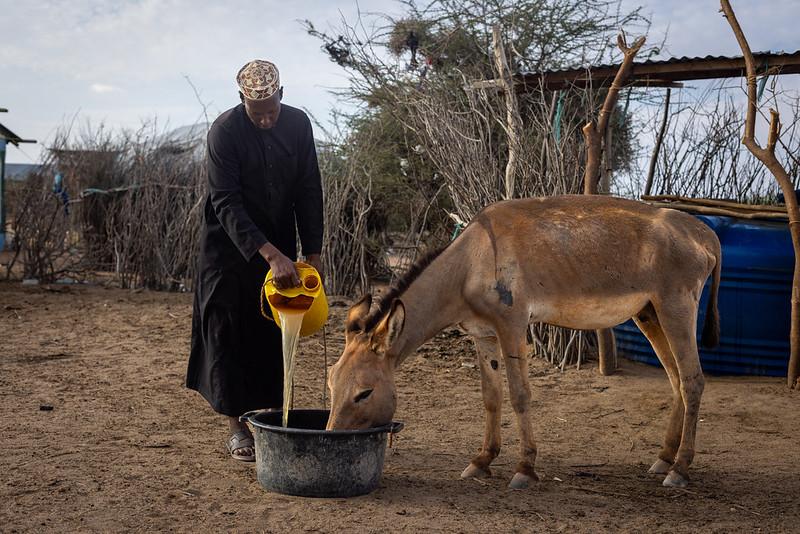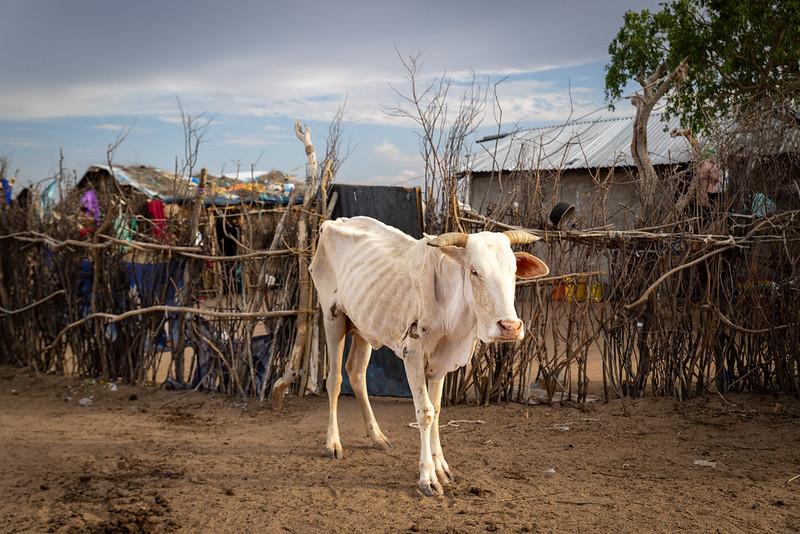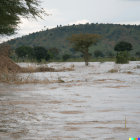Climate change is expected to have a significant impact on precipitation patterns in Africa, and the effect on water resource management in the region is of great concern. The continent is already facing water scarcity, and the changes in precipitation patterns will only exacerbate the problem. It is essential that Africa understands and prepares for these changes to ensure a sustainable future for its water resources.
Water availability
One of the most significant impacts of changing precipitation patterns in Africa is on water availability. The region is expected to experience more frequent and severe droughts due to decreased rainfall, which will lead to water scarcity and increased competition for limited water resources. This is particularly concerning for rural communities and smallholder farmers who rely heavily on rainfall for their livelihoods.

Another impact of changing precipitation patterns is on water quality. Increased rainfall can cause erosion and sedimentation, leading to the degradation of water quality. Additionally, heavy rainfall can wash pollutants into waterways, resulting in contamination of drinking water sources. This is a major concern for many African communities that already lack access to clean water.
How can we adapt?

Adaptation strategies that can help African communities and industries to cope with changing precipitation patterns include:
Investing in water storage infrastructure to capture and store water during periods of high rainfall for use during dry periods.
Implementing water-saving measures, such as using drought-tolerant crops or implementing water-efficient irrigation systems.
Developing early warning systems for floods and droughts to help communities prepare and respond quickly.
Creating green infrastructure to manage storm water and reduce the risk of flooding.
Building sea walls and other coastal protection measures to protect against sea level rise.
It’s important to note that changing precipitation patterns will have different impacts in different regions of Africa and on different sectors, so it’s crucial that water resource management strategies are tailored to the specific needs and circumstances of each community.
Conclusion
In conclusion, changing precipitation patterns as a result of climate change will have a significant impact on water resource management in Africa. The continent is already facing water scarcity, and the changes in precipitation patterns will only exacerbate the problem. It is essential that Africa understands and prepares for these changes to ensure a sustainable future for its water resources.




